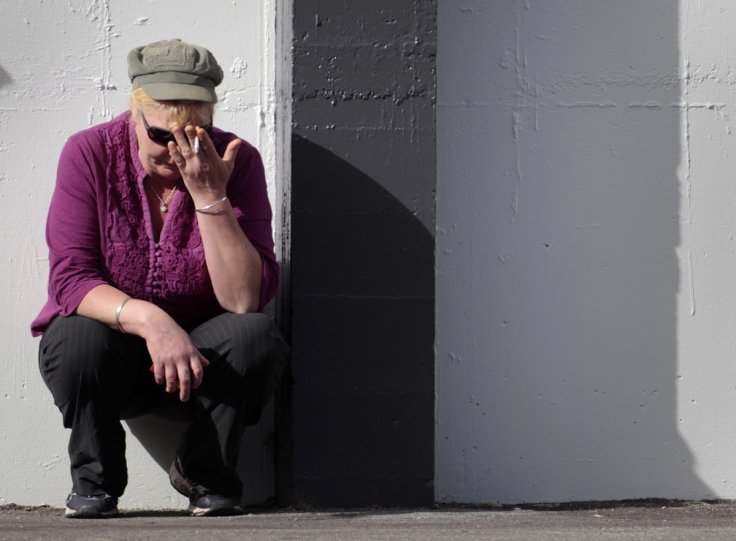
Researchers from Japan found that elderly people who experienced knee pain at night, or putting on socks, or while getting in or out of a car were more likely to experience symptoms of depression too.
Knee pain in the elderly leads to severe damage to the quality of life that it can make them prone to depression, said the study led by Yuji Nishiwaki from the Toho University in Japan.
The knee pain, known as Osteoarthritis, occurs when a joint becomes inflamed, due to the protective cartilage and other tissues that cushion joints like the knee become damaged and worn out over time. It is more to do with the internal immunity mechanism in the body.
Since those with the knee pain find it hard to take care of themselves, it leads to erosion of quality of life that in turn leads to depression, explained Yuji Nishiwaki.
The Toho University team has examined 573 people aged 65 or above between 2005 and 2006 when none of the participants had experienced depression. Two years later, in a follow-up study, it was found that nearly 12 percent of the participants had developed symptoms of depression.
The study was published in the Journal of the American Geriatrics Society.
In another independent study too, it was found that both knee pain and functional inability in elderly people are associated with the development of depressive symptoms. "Examining elderly people's responses to questions about pain at night and difficulties performing daily activities may be an efficient way of identifying those at high risk of developing depressive symptoms," the researchers said.
Neurologists have been trying to zero in on biological causes for depression and anti-depressants may be quick-fix solutions but psychologists have often found the roots in the emerging social life which shuns openness and encourages pretentious lifestyle.
Helpguide.org, one of the non-profit US outfits has the following questionnaire to help those undergoing depression to rate themselves and seek either medical or social help immediately.
Over the last 2 weeks, how often have you been bothered by any of the following problems?
| Am I depressed? |
| 1. Little interest or pleasure in doing things:Not at all (0 points) Several days (1 point) More than half the days (2 points) Nearly every day (3 points) |
| 2. Feeling down, depressed or hopelessNot at all (0 points) Several days (1 point) More than half the days (2 points) Nearly every day (3 points) |
| 3. Trouble falling or staying asleep, or sleeping too much:Not at all (0 points) Several days (1 point) More than half the days (2 points) Nearly every day (3 points) |
| 4. Feeling tired or having little energy:Not at all (0 points) Several days (1 point) More than half the days (2 points) Nearly every day (3 points) |
| 5. Poor appetite or overeating:Not at all (0 points) Several days (1 point) More than half the days (2 points) Nearly every day (3 points) |
| 6. Feeling bad about yourself—or that you are a failure or have let yourself or your family down:Not at all (0 points) Several days (1 point) More than half the days (2 points) Nearly every day (3 points) |
| 7. Trouble concentrating on things, such as reading or watching television:Not at all (0 points) Several days (1 point) More than half the days (2 points) Nearly every day (3 points) |
| 8. Moving or speaking so slowly that other people could have noticed:Not at all (0 points) Several days (1 point) More than half the days (2 points) Nearly every day (3 points) |
| 9. Thoughts that you would be better off dead, or of hurting yourself:Not at all (0 points) Several days (1 point) More than half the days (2 points) Nearly every day (3 points) |
Score:
Interpreting the score:
0 to 4: Minimal depression.
5 to 9: Mild depression.
10 to 14: Moderate depression.
15 to 19: Moderately severe depression.
20 to 27: Severe or major depression.
Disclaimer: This questionnaire is not intended to replace professional diagnosis. (Adapted from: "The PHQ-9: Validity of a Brief Depression Severity Measure", J Gen Intern Med. 2001 Sep; 16(9): 606–613.)









